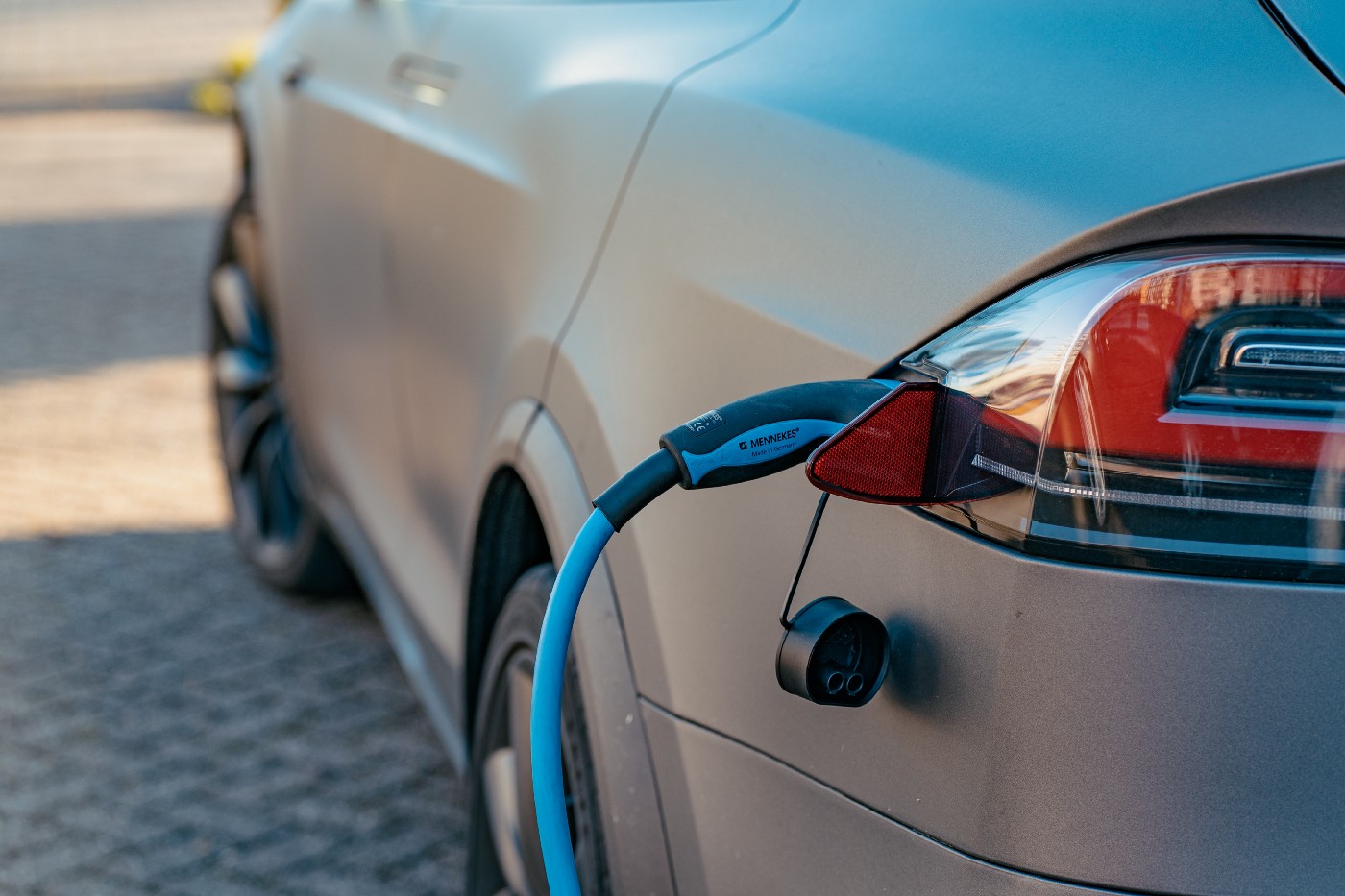Are We There Yet? The Case for Electromobility and the Green movement in Africa
At Spurt! We are always looking to amplify solutions to critical and specific challenges in Sub Saharan Africa. This week, we reviewed Kenya Power to roll out electric car charging stations by Brian Ngugi on Business Daily.
Transport is a massive contributor to climate change representing 23% of the total global energy-related emissions. Road transport takes a colossal share of emissions within the sector. With the rate of urbanization in Africa being 2% higher than the global average, there’s an increased strain in most African urban establishments’ current infrastructure.
There’s certainly a case to be made for many African economies to follow Kenya’s suite.
Throughout our work across the continent over the past five years, we have found renewed hope in aligning our client’s most pressing needs with the agency to work towards a more sustainable future and inclusive growth for all.
We believe that electromobility offers a crucial climate solution. With countries and companies setting emission targets, there’s a budding opportunity for African companies to meet the moment and be at the forefront of fighting against climate change.
Transport and energy have been massive pain points as the burgeoning population continue to jostle for the available resources to help them move from one point to another. Modes of transport in Africa are mostly fuel dependent, and the past few years have seen an astronomic growth in car imports and the sale of motorcycles across the continent.
According to UNEP’s clean mobility report, used car imports in Ghana doubled between 2005 and 2016. In Kenya, the sale of motorcycles almost tripled between 2008 and 2014. The same pattern can be observed all over Africa.
With the growth of African cities and increased demand for fuel-based transportation modes, there are grave concerns about the air quality in major cities.
There’s also an expected increase in electricity demand. Most African countries have already been utilizing low-carbon sources of energy like geothermal and hydroelectric power.
According to the 2017 Kenya Power and Lighting Company report on the state of power consumption in Kenya, renewable energy sources met 77% of the country’s electricity demand.
There’s a push across many African countries to shift to low-cost renewables that would be great alternatives to fossil fuels.
With Kenya’s unique problem of excess generation capacity, a transition to electric mobility for the country stands to be in solid placing compared to other counterparts elsewhere in the continent.
In partnership with the United Nations Environmental Programme, the Government of Kenya recently launched a pilot testing the use of electric motorcycles across the country.
The pilot project is one of the levers policymakers are hoping to pull as they assess barriers in the timely technological shift to electric mobility.
The government is taking the lead in ensuring the development of appropriate infrastructure and enhancing internal capacity to facilitate seamless electric vehicle adoption.
There have been hints that the Ministry of Energy will require real estate developers to begin incorporating charging stations in each building put up.
Indeed, with the two key players in the electric sector signalling investments in this direction, Kenya is well-positioned to meet its goal of reducing energy intensity by 2.8% each year and reduce emissions by 30% by 2030.
At Spurt!, we are a platform that convenes, develops, and excites the best young African thinkers who are passionate about working for their continent’s economic development. We are facilitating a new wave of growth by enabling local SMEs. Our objective is to help build large local companies with sufficient scale and capacity to add value locally and regionally.





